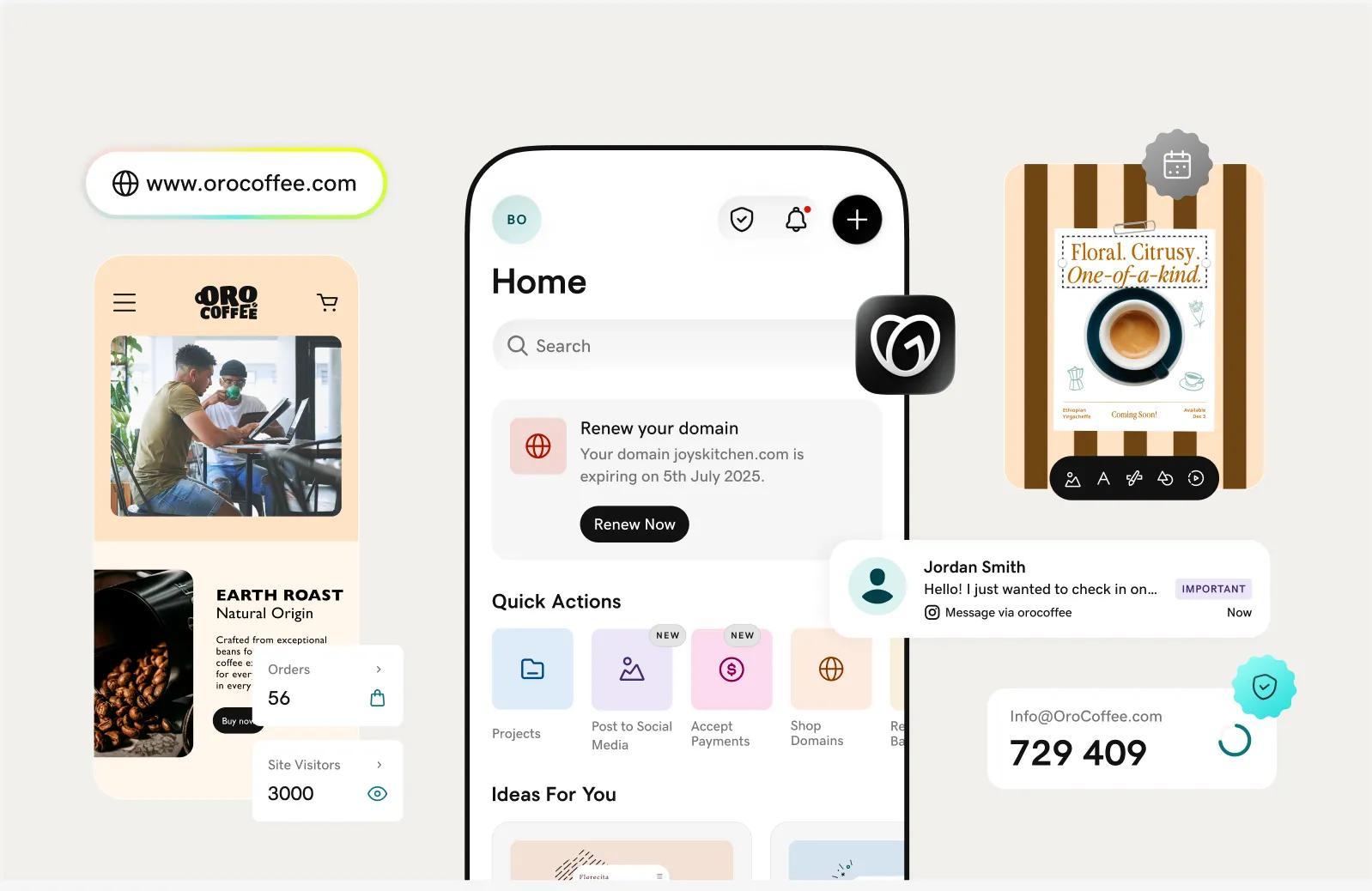When wearing the “chief revenue officer” hat for your business, your job is to drive sales. Selling more to existing customers and identifying new customers in your target market can go a long way to growing reseller sales. However, targeting new customer segments for your reseller services can give sales a big boost.
New customer segments can be defined differently, depending on your preferences and what your expertise is in.
- Geography - Selling in a new region, nationally or internationally
- A niche market – Expanding to a new industry, non-profits, etc.
- Demographics – Marketing to a different demographic
Some experts say an effective approach to tap into new customer segments is to identify a complementary market to the market you currently serve, create thought leadership materials, and then integrate the segment as a new focus area for your business.
“Lead with a specialization to hook the clients and then once you have them, you can use your generalist skills and knowledge to upsell other items or add more value”
Discover complementary markets
Start close to what you know and don’t try to reinvent the wheel, says brand strategist Jennifer Bourn. “It’s often easier to branch out into complementary markets that are similar to the ones you work in,” Bourn says.
For example, if you are already serving dental offices, eye clinics might be a natural niche to expand into. You already have experience with their audience. The audience in both verticals is customers, not other businesses. It may be families or individuals, but it is always a medical setting. You also understand the goal of your new vertical, and how to track conversions most effectively. Another example would be if you specialize in creating websites for law firms, you may find it easier to pursue new segments in accounting or insurance industries, rather than in hospitality. The possibilities are endless. It is simply looking for the parallels and finding markets that you can expand your business into.
“Use what you know and transpose into new markets. It will allow you to do that with greater ease and probably with greater profitability because you don’t have to learn a new niche from scratch,” Bourn says. “You’ll also have more credibility.”
Start segmented marketing efforts
It’s worthwhile to test the waters with a small project or two in your prospective market. While this can help build your book of business in the new customer segment, it will also help you measure the viability and your interest in the market, Bourn says. Referrals from current clients may be a good place to start your outreach.
Bourn suggests another highly effective strategy is to network with industry groups and create content that is geared toward the new segment. Local trade associations are often open to presentations from experts. Resellers can approach them with offers to speak on topics related to web development, design or search engine optimization. Designers and developers who reach out to niche markets will often find they are one of the only people in the field reaching out to that organization or association. “It amplifies your visibility and is far more effective than just general networking events,” Bourn says.
While your networking efforts are under way, create new web pages, social content and blog posts geared toward the new customer segment. “When you pair both of those together, it’s highly effective to get into a new segment. You meet people in the industry and when they go to your site you already have content that is tailored to them,” Bourn says.
Nurture the new niche
According to Bourn, while many business owners find success as generalists, the greatest potential comes through niches or specialization. She adds that with a couple of projects from the new segment under your belt and the right content, it’s not difficult to elevate the new segment into a specialty line of business.
Establishing yourself as the go-to reseller in a particular market can go a long way in generating more revenue. “Lead with a specialization to hook the clients and then once you have them, you can use your generalist skills and knowledge to upsell other items or add more value,” Bourn says.








